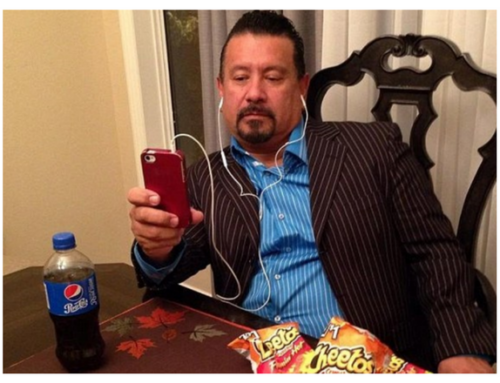Let’s be real: for some students, college isn’t all about tanning on luscious green quads between seminars and parties after study groups. For some students, college is four years of being hungry (or homeless), putting money toward books instead of groceries.
Last year, research released by the Wisconsin HOPE Lab at Milwaukee Area Technical College revealed that one in five students reported going hungry while in college, posing a real threat to their ability to finish their degrees.
The reality is that there isn’t a National School Lunch Program in higher ed and students only qualify for food stamps if they have a child and work 20 hours a week (and with a tight schedule and money for work study programs quickly dwindling, work opportunities are slim). That means that students spend a large amount of time figuring out how to get food – instead of focusing on their studies.
Forget the cliché of the starving student, said Jack Payne, senior vice president of agriculture and natural resources at the University of Florida. Hunger is a “serious policy issue”, it’s a “barrier to higher education.” So how can a campus come together to help their own? UF, where 1 in 10 students reports going hungry, may have an answer.
Florida’s flaghship university has opened a Field and Food Pantry, a 900-square foot building stocked with grocery essentials. In the year since opening, more than 3,000 students have walked through the pantry and more than 30,000 pounds of fresh fruit, veggies, and non-perishable items have been distributed.
The pantry is part of a larger program to build a sustainable food culture at UF. There’s also a farm where students grown their own food and lead classes in cooking, nutrition, and budgeting. It’s for students and by students and doesn’t “just slake hunger but promote self-sufficiency,” said Payne.
And this isn’t the only food pantry in the country: the University of Georgia’s food pantry opened in 2011 and Louisiana State University opened one in 2013. Harvard University distributes meals through a local café and sends out meal vouchers for students to use during winter and spring breaks.
Frankly, we hope that more universities follow suit – after all, college isn’t just about classes and tests. It’s about helping mold individuals who will be able to take care of themselves and hopefully help others.


![Making Mealtime Matter with La Familia: Easy Sofrito [Video]](https://thelatinkitchen.com/wp-content/uploads/2015/10/sofrito-shutterstock__0-500x383.jpg)
![Easy Latin Smoothies: Goji Berry Smoothie [Video]](https://thelatinkitchen.com/wp-content/uploads/2015/12/goji_berry-shutterstock_-500x383.jpg)
















![Fun and Fast Recipes: Fiesta Cabbage Salad [Video]](https://thelatinkitchen.com/wp-content/uploads/2015/11/fiesta_cabbage_slaw-shutterstock_-500x383.jpg)









